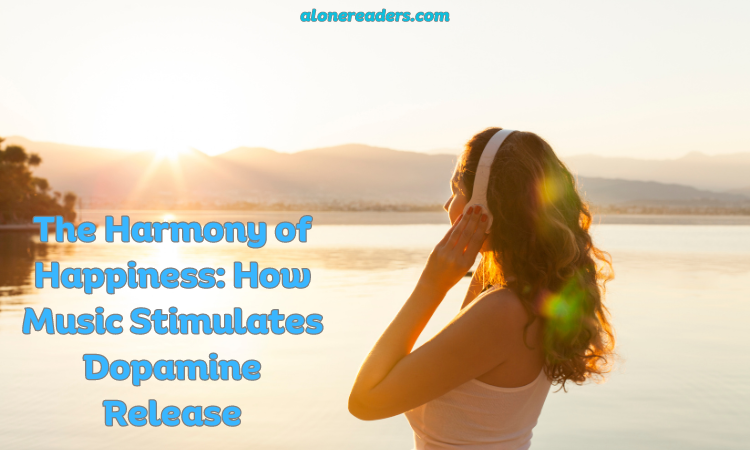
Music has been an integral part of human culture for millennia, resonating through the annals of time and touching every aspect of our existence. It has the power to move us, to transport us to different realms, and to evoke a myriad of emotions. But what is it about music that affects us so profoundly? The answer lies not just in the art itself, but also in the science behind how our brains process sound. This article delves into the neuroscience of music and explores how listening to music can release dopamine, the neurotransmitter synonymous with pleasure experiences such as eating and love-making.
To understand the impact of music on our brain, it's essential to comprehend the basics of how our brain perceives music. When we listen to a piece of music, sound waves travel through the ear and are converted into electrical signals. These signals are then interpreted by different areas of the brain, including those responsible for auditory processing, emotion, memory, and motor control. This intricate process allows us to not only hear music but to feel it as well.
Dopamine is often referred to as the "feel-good" neurotransmitter. It's a chemical messenger that plays a key role in reward-motivated behavior, and its release in the brain is associated with feelings of pleasure and satisfaction. Dopamine is released during activities that are essential to survival, such as eating, but also during moments of emotional and physical intimacy. This release reinforces behaviors that are crucial for our well-being and survival, making them more likely to be repeated.
Research has shown that listening to music can stimulate the release of dopamine, providing a sense of pleasure and reward. A study by Salimpoor et al. (2011) utilized functional magnetic resonance imaging (fMRI) and positron emission tomography (PET) scans to observe the brain's response to music. The results indicated that intense emotional responses to music are associated with dopamine release in the striatal system of the brain, which is a complex of structures that are involved in reward and pleasure.
This reaction isn't limited to just any kind of music. It's subjective, tied to the individual's music preferences and experiences. A song that might release a flood of dopamine in one person may not have the same effect on someone else. This personal aspect of musical enjoyment is what makes music such a unique and powerful medium.
The parallels between how our brain responds to music, food, and intimate connections are quite striking. Just as a delectable meal or an affectionate embrace can make us feel good, so can a harmonious melody or a powerful song. When we enjoy a good meal, the pleasure centers in our brain light up, and similarly, a passionate encounter with a loved one can trigger a cascade of dopamine. Music, in its own right, can lead to these same neural fireworks.
Given the profound effect music has on the brain's reward system, it's not surprising that music therapy has become an effective tool for various psychological and medical conditions. By carefully selecting music that elicits positive emotions and memories, therapists can help individuals cope with stress, anxiety, and depression. Additionally, because music can help release dopamine, it's been used to assist patients with Parkinson's disease, a condition marked by dopamine deficiency, to improve their motor control and emotional well-being.
In our contemporary world, where stress and anxiety are prevalent, incorporating music into our daily lives can be a simple yet powerful way to enhance our well-being. Whether it's through streaming services, live performances, or personal musical pursuits, engaging with music can provide a much-needed dopamine boost.
Listening to music is more than a mere auditory experience; it's a neurochemical journey that can elevate our mood and enrich our lives. The act of pressing play can release dopamine and lead to feelings of happiness and pleasure that are comparable to some of life's most cherished activities. Understanding the science behind music's effect on the brain not only increases our appreciation for this art form but also opens the door to potential therapeutic applications. So the next time you listen to your favorite tune, remember that with every note, you're not just hearing a song — you're engaging in